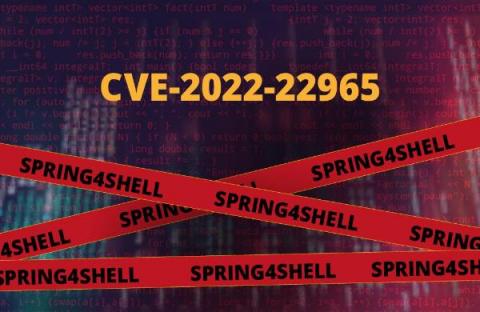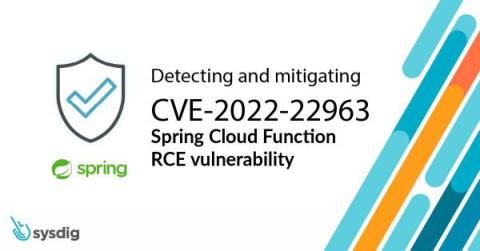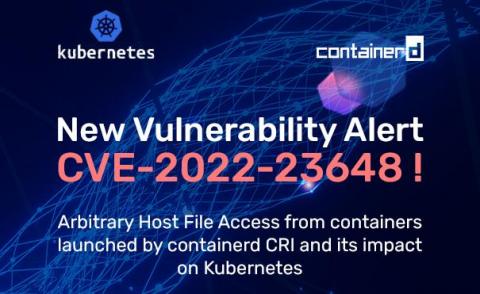Dissecting Spring4Shell
An RCE vulnerability affecting Spring Core’s JDK 9 and later has become a trending topic in cybersecurity networks during the past couple days. This discovery, compared by some to the Log4Shell vulnerability, generated a lot of confusion and even got mistook with a different vulnerability affecting Spring Cloud, which got a CVE assigned the same day, and even linked them to completely unrelated commits on Spring Core’s GitHub.











